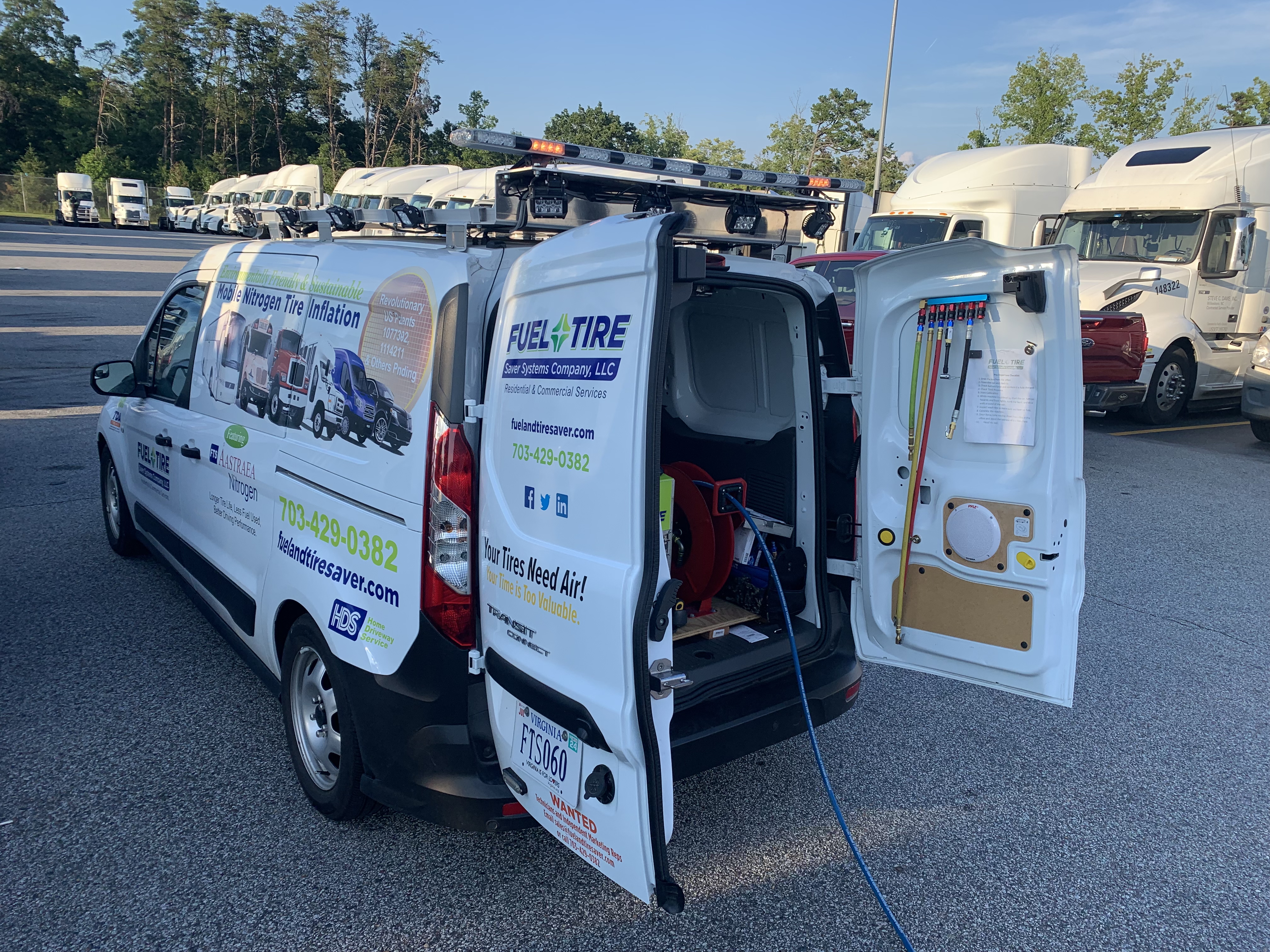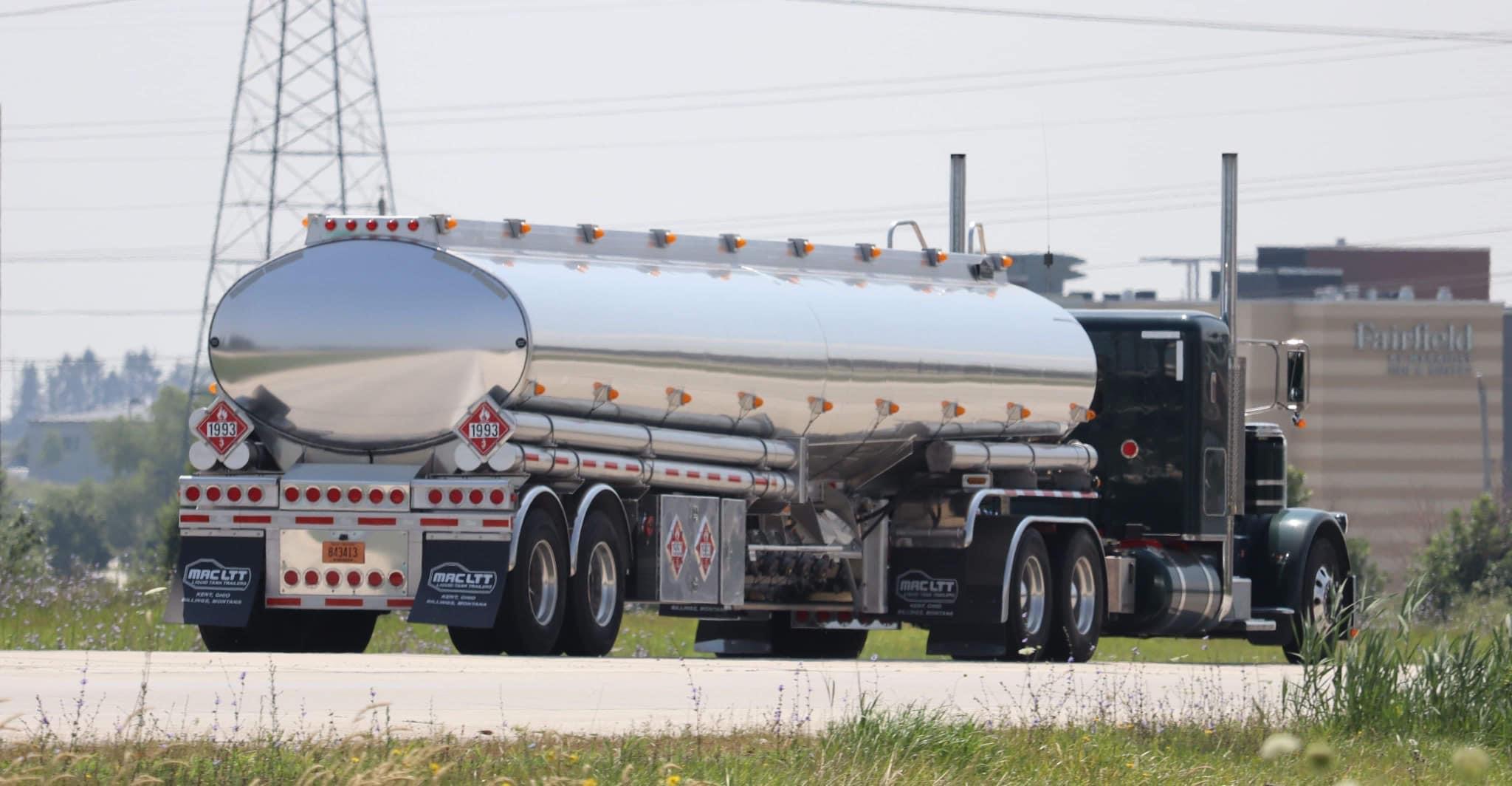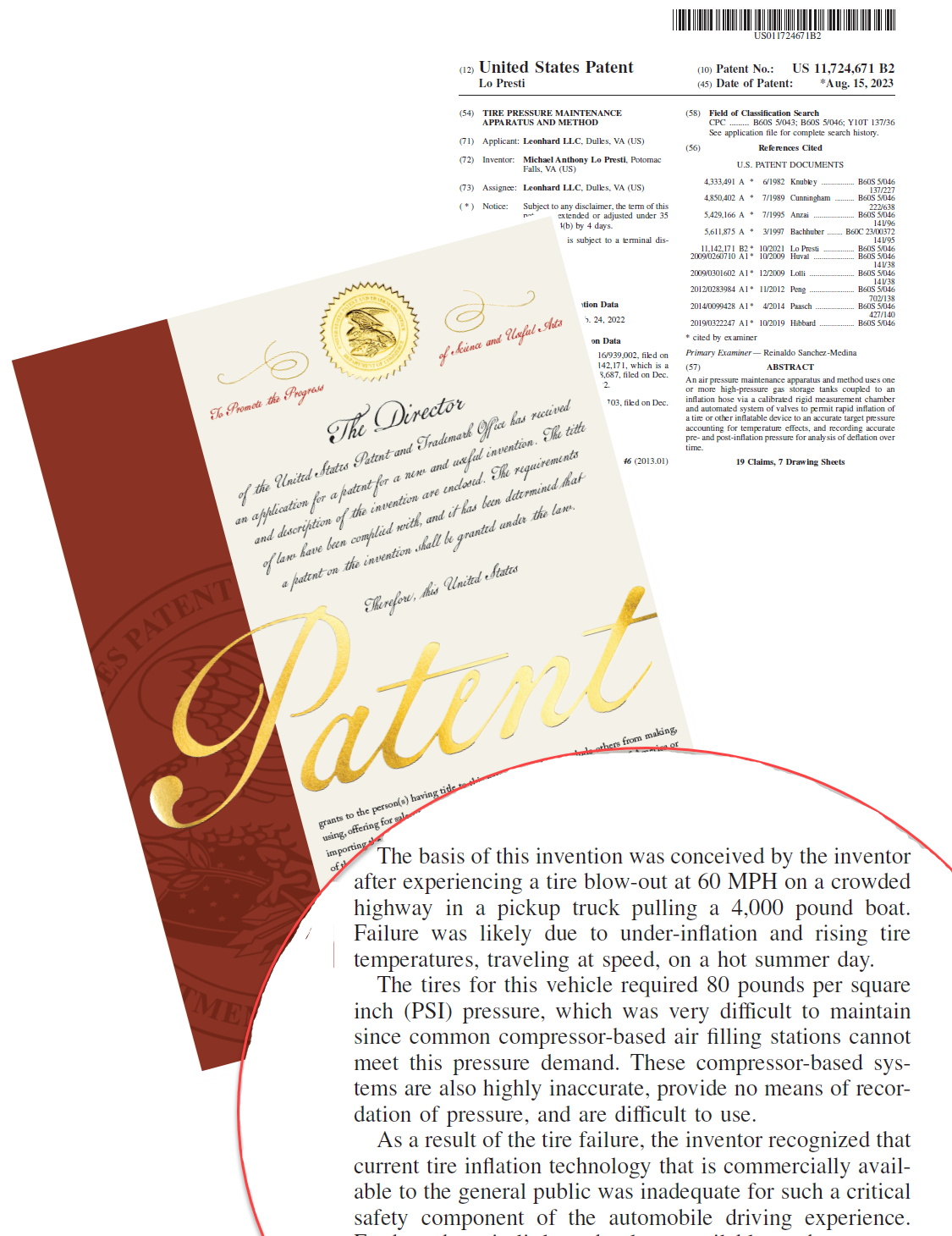In the realm of tire maintenance and vehicle safety, the **importance of understanding inflation gas effects** cannot be overstated. Tire inflation is not just about maintaining pressure; it’s about ensuring the overall health and efficiency of your vehicle. Proper tire inflation is critical, as it directly impacts both **fuel efficiency** and **tire longevity**. When tires are under-inflated, they create more friction with the road surface, leading to increased fuel consumption and premature tire wear. Conversely, over-inflation can result in reduced traction and a harsher ride.
One key aspect of tire inflation is the type of gas used. While regular air is common, nitrogen inflation has gained popularity due to its ability to maintain consistent pressure over time. Nitrogen molecules are larger than oxygen molecules, which means they permeate through the rubber of the tire at a slower rate. This results in a more stable inflation pressure, contributing to better fuel economy and enhanced safety.
**Understanding these effects** is crucial not only for individual vehicle owners but also for fleet managers who oversee large numbers of vehicles. By embracing nitrogen inflation, fleets can experience significant savings on fuel and maintenance costs, while also contributing positively to the environment by reducing carbon emissions.
For fleet managers and vehicle owners interested in exploring the benefits of nitrogen tire inflation, we offer comprehensive services tailored to your needs. Request Fleet Pricing, Contact our office at (703) 429-0382, or email Mike.LoPresti@fuelandtiresaver.com to learn more about how our solutions can optimize your tire maintenance strategy.
Table of Contents
ToggleImportance of Tire Inflation in Safety

The role of **tire inflation in vehicle safety** is often underestimated, yet it is a critical component in ensuring that a vehicle performs at its best. Properly inflated tires are essential for maintaining optimal traction, handling, and stability, all of which are crucial for safe driving conditions. When tires are inflated to the recommended levels, they enhance the vehicle’s braking capability and cornering performance, significantly reducing the risk of accidents.
Under-inflated tires can pose serious safety risks. They are prone to overheating, which can lead to tire blowouts, a dangerous situation that can cause drivers to lose control of their vehicles. Additionally, improperly inflated tires can negatively affect the performance of anti-lock braking systems (ABS) and electronic stability control (ESC), both of which are vital for preventing skids and maintaining control, especially in adverse weather conditions.
Over-inflation, on the other hand, can result in decreased contact with the road surface, leading to reduced grip and an increased likelihood of skidding, particularly on wet or icy roads. This can be especially hazardous for heavy vehicles such as trucks, where the consequences of losing traction can be catastrophic.
For commercial fleets, maintaining proper tire inflation is not only a matter of safety but also an economic necessity. Accidents related to tire failures can lead to significant downtime and financial losses. Therefore, regular inspections and the use of reliable inflation gases, such as nitrogen, can provide a consistent and safe driving experience, reinforcing the importance of tire inflation in overall vehicle safety.
Research on Inflation Gas Impact

In the quest for enhanced **tire safety and performance**, researchers have been delving into the effects of different inflation gases. Traditional air, which is composed of approximately 78% nitrogen and 21% oxygen, has been the standard for tire inflation. However, as scientific investigations progress, nitrogen inflation is gaining attention due to its potential benefits.
Studies have shown that nitrogen, being a larger molecule than oxygen, permeates through the tire walls at a slower rate. This characteristic helps maintain more consistent tire pressure over time, reducing the frequency of pressure checks and inflation. Consistent pressure is crucial for ensuring the tire’s contact patch remains optimal, which directly impacts **vehicle handling and fuel efficiency**.
Moreover, nitrogen inflation can play a role in extending tire lifespan. Oxygen is known to accelerate the oxidation process within the tire, leading to premature aging and deterioration of the rubber. By minimizing oxygen exposure, nitrogen inflation helps preserve the integrity of the tire material, thus enhancing durability and performance.
Research also highlights the environmental benefits of nitrogen inflation. By maintaining proper tire pressure, vehicles experience reduced rolling resistance, which translates to lower fuel consumption and emissions. This assertively supports global efforts to reduce carbon footprints and promote sustainable transportation practices.
The ongoing research into inflation gases illustrates the **importance of understanding their impacts** on tire safety and efficiency. As the automotive industry continues to evolve, these insights are pivotal in guiding tire maintenance practices and improving overall vehicular safety standards.
Benefits of Nitrogen Inflation for Tires

Nitrogen inflation has emerged as a revolutionary approach in tire maintenance, offering a myriad of benefits that cater to both safety and efficiency. One of the **primary advantages** of using nitrogen is its ability to maintain tire pressure consistently over time. Unlike regular air, nitrogen molecules are larger and less likely to escape through the tire’s rubber, which minimizes pressure loss.
By keeping tire pressure stable, nitrogen inflation ensures that the tires wear evenly, significantly extending their lifespan. This not only translates to cost savings for vehicle owners but also reduces the frequency of tire replacements, contributing positively to environmental sustainability by decreasing the number of tires discarded annually.
Moreover, stable tire pressure improves fuel efficiency. Under-inflated tires increase rolling resistance, causing the engine to work harder and consume more fuel. With nitrogen inflation, vehicles can achieve optimal fuel economy, which is crucial for fleet operators seeking to minimize operational costs and reduce environmental impact.
Another significant benefit of nitrogen inflation is the enhancement of **vehicle safety**. Properly inflated tires ensure better traction, handling, and braking performance, reducing the risk of accidents. This is particularly important for heavy vehicles like trucks, where tire-related issues can have severe consequences.
Additionally, nitrogen inflation can help mitigate the effects of temperature fluctuations. Regular air can expand or contract with temperature changes, leading to pressure variations that affect the tire’s performance. Nitrogen’s inert nature makes it less susceptible to such changes, providing a more reliable driving experience across different climates.
In summary, the adoption of nitrogen inflation not only boosts tire longevity and fuel efficiency but also plays a critical role in enhancing overall vehicle safety and environmental conservation.
Environmental Impact of Proper Tire Inflation
Recognizing the environmental impact of proper tire inflation is essential in today’s environmentally-conscious world. **Properly inflated tires** contribute significantly to reducing a vehicle’s carbon footprint by enhancing fuel efficiency. When tires are under-inflated, they create more rolling resistance, requiring the engine to consume more fuel to maintain speed. This increased fuel consumption directly correlates with higher emissions of greenhouse gases, particularly carbon dioxide, which is a primary contributor to climate change.
By ensuring that tires are inflated to the recommended levels, vehicles can achieve optimal fuel efficiency, thus burning less fuel and emitting fewer pollutants. This reduction in fuel consumption not only translates into cost savings for drivers but also plays a crucial role in minimizing the environmental impact of vehicular emissions.
Furthermore, properly inflated tires reduce the frequency of tire replacements. Tires that maintain the correct pressure wear more evenly and last longer, which in turn, reduces the demand for new tire production. The manufacturing process of tires involves significant energy use and raw materials, both of which have environmental implications. By extending tire life through proper inflation, we can decrease the consumption of these resources and lessen the environmental burden associated with tire production and disposal.
In addition to reducing emissions and conserving resources, proper tire inflation also contributes to less road noise and better handling, which indirectly supports a more sustainable travel experience by reducing noise pollution and enhancing vehicle safety.
Overall, maintaining proper tire inflation is a straightforward yet impactful strategy for individuals and fleet operators alike to contribute to environmental sustainability while also reaping economic benefits.
Enhancing Fleet Safety with Correct Inflation

Fleet safety is a priority for any transportation business, and **correct tire inflation** plays a pivotal role in enhancing this safety. Properly inflated tires ensure optimal contact with the road surface, providing better traction and stability, which is crucial for the safe operation of vehicles, especially in adverse weather conditions. Under-inflated tires can lead to increased stopping distances and a higher risk of blowouts, both of which can result in dangerous situations on the road.
Moreover, maintaining the correct tire pressure helps in preventing uneven tire wear, which can lead to unpredictable handling and decreased vehicle control. This is particularly important for fleets that often carry heavy loads, as the additional weight can exacerbate the effects of improperly inflated tires, leading to potential safety hazards.
Regular tire inspections and maintenance, including keeping tires inflated to the manufacturer’s recommended levels, are essential practices for fleet operators. By doing so, they can significantly reduce the likelihood of tire-related incidents, thereby safeguarding their drivers and other road users.
At Fuel & Tire Saver Systems Company, LLC, we understand the critical importance of fleet safety. Our mobile onsite nitrogen tire inflation services help you maintain optimal tire pressure, enhancing safety and efficiency across your fleet. **Request Fleet Pricing** by visiting our contact page, or reach out to us directly at (703) 429-0382, or via email at Mike.LoPresti@fuelandtiresaver.com. Let us support your journey towards safer and more sustainable fleet operations.


